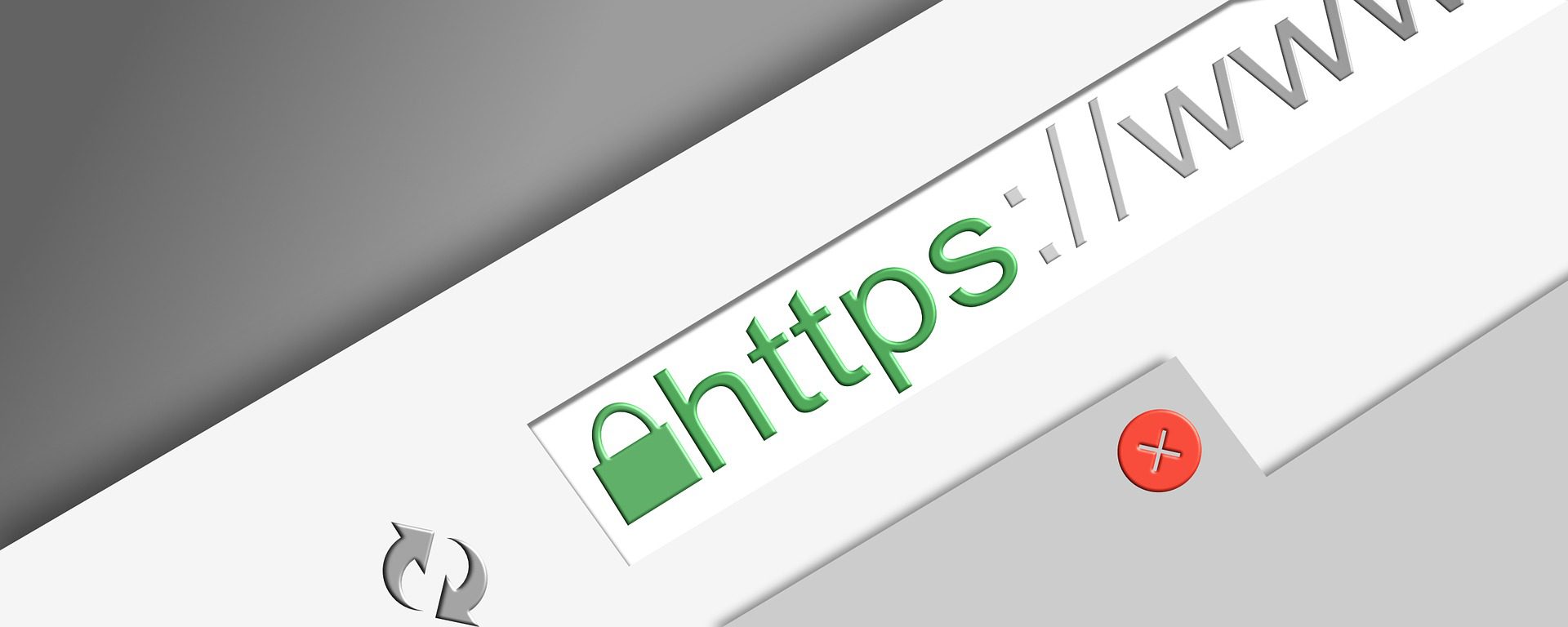With businesses becoming increasingly dependent on technology, their websites have evolved into their public face, making website security more crucial than ever. Cybersecurity Ventures predicts that by 2025, the cost of cybercrime will be $10.5 trillion. Securing your website safeguards your company, clients, and reputation. This article will discuss some practical strategies for 2023 website security. Protect your website now.
1. Update Your Website Frequently
Keeping your website updated is the most important thing you can do to safeguard it. The most recent software upgrades, bug fixes, and security patches are included in website updates to increase the overall security of your website. To stop hackers from taking advantage of known vulnerabilities, update your website as soon as a new update becomes available.
2. Use a safe Hosting provider
To guarantee the security of your website, it is essential to use a secure hosting provider. A trustworthy hosting company will provide security tools like firewalls, DDoS defense, and virus scanning to protect your website from online dangers. To secure the data on your website, search for a hosting company that offers SSL (Secure Sockets Layer) certifications.
3. Use Strong Passwords
One of the most popular ways hackers access websites is using weak passwords. Ensure all user accounts, including admin accounts, have strong passwords. Strong passwords should contain a mix of upper and lower-case letters, digits, and symbols and be at least eight characters long.
4. Enable two-factor authentication (2FA)
This extra security measure requires users to submit a code or token to get into their accounts. Your website will have an additional layer of protection, making it more difficult for hackers to access it.
5. Back up your website frequently
Protecting it starts with regularly backing it up. By often backing up your website, you can ensure that it can be restored in case of a security breach or system failure. To guarantee you always have the most recent version of your website, back it up at least once every week.
6. Activate security plugins
Security plugins are computer programs that provide your website with additional protection. Firewall plugins, anti-malware plugins, and anti-spam plugins are a few of the security plugins that may assist in safeguarding your website. Select the security plugins that best meet the demands of the security of your website.
7. User Access Limits
It’s essential to restrict user access to your website to guard against unapproved access. Users should only be given access if required, and access permissions should be frequently reviewed and updated. It will stop unauthorized people from accessing confidential data on your website.
8. Use the CSP (Content Security Policy)
Cross-site scripting (XSS) attacks can be avoided with the use of a Content Security Policy (CSP). A CSP limits the material that may be seen on your website, preventing harmful scripts from running there.
9. Implement HTTPS
HTTPS is an encrypted version of HTTP that enables secure user-to-website communication. Using HTTPS, you can ensure that all data transferred between your website and users are secured, guarding against unauthorized access to confidential data.
Conclusion
In the current digital era, when cyber attacks are growing more complex, website security has become essential. The advice in this article is some of the best for protecting your website in 2023. You can ensure the general safety of your website by maintaining it, selecting a secure hosting provider, using strong passwords, enabling two-factor authentication, regularly backing it up, installing security plugins, limiting user access, using CSP, and implementing HTTPS. Keep in mind that website security needs regular monitoring and upgrading to remain ahead of any emerging risks. In 2023, give website security high priority to keep ahead of cyber threats.
Protect Your Website Now!






